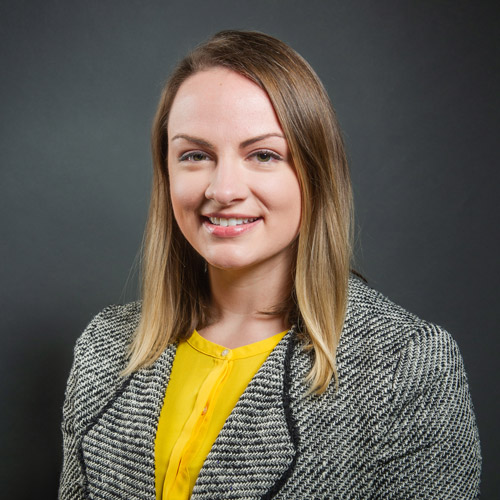Boston University Weekly COVID-19 Report: October 28 to November 3
BU sees its largest single-day increase of new coronavirus cases
Boston University publishes its COVID-19 testing data on a public-facing dashboard. Gloria Waters, BU vice president and associate provost for research, and Judy Platt, director of BU Student Health Services, provide a weekly update on the overall health of the BU community.
On Election Day, Boston University’s Clinical Testing Lab reported the highest single-day increase of cases it has seen since its coronavirus surveillance program started at July’s end. Ten new cases of coronavirus—eight students, one faculty member, and one staff member—made it the first time that the campus has seen a double-digit jump in cases.
“I’ve been dreading for us to get into double digits…this is really concerning,” Gloria Waters says.
In all, in the last seven days BU has seen positive test results for coronavirus in 20 students and 11 faculty or staff members.
The cases don’t stem from isolated events, but instead suggest that just like the rest of the city and the commonwealth of Massachusetts, coronavirus is prevalent enough for it to easily spread throughout the community in ways that aren’t always easy to trace.
“Unfortunately, because we’ve gone back to having people in restaurants, to having kids back in school, you’re seeing a lot of moving pieces in the community,” Judy Platt says, and “40 to 50 percent of new cases in Massachusetts are in people aged 39 and under. More diagnoses are being made in children and adolescents. I think it’s getting harder to know where exactly you may have been infected.”
She says the cases in Boston have risen so dramatically that the same activities that were safe for people to do over the summer are now presenting a higher risk of viral transmission.
Platt says contact tracing is underway for the newest 10 cases. “We don’t yet know of any gatherings we can tie these cases to,” Waters adds, “but we do know there were parties over Halloween weekend reported to the Office of the Dean of Students. Our experience shows that parties result in positives.”
“We had a slow increase of cases after Columbus/Indigenous Peoples’ Day weekend, we’re seeing more cases after Halloween, and I think we’ll see a few days of higher case counts until we peak from infections stemming from Halloween activities,” Platt says. “With Thanksgiving coming up, we really need people to be vigilant. We want to keep the cases down at BU, but this goes beyond a BU issue. This is a national and global problem. We don’t want people to go home and infect a loved one. We have heard heartbreaking cases of students who have already lost a parent or loved one to the virus.”
For students who haven’t been contacted by BU Healthway about possible exposure, but think they may have encountered someone with coronavirus, Platt and Waters say they can reach out to BU Healthway to ask about increasing their testing frequency. “We would absolutely accommodate someone who’s concerned, even if their close contact wasn’t someone identified from our own contact tracing program,” Platt says.
“If you’re at increased risk, it makes sense to do more frequent testing,” says Waters.
Aside from keeping up with BU’s coronavirus protocols and getting tested regularly, the simplest thing members of BU’s community can do is to keep their masks on. With her own school-aged children attending in-person classes again, Platt says, “we’ve started wearing masks inside the house, too. Although it seemed a little strange at first, it’s actually not that hard to do.”
Gloria Waters has spearheaded teams of BU scientists in their development and deployment of a campus-wide COVID-19 testing program and mathematical modeling of community behavior. Judy Platt, chair of BU’s Medical Advisory Group, oversees clinical management and isolation of students and employees who test positive for coronavirus, and helps manage BU’s contact tracing efforts. They are co-chairs of BU’s Vaccine Preparedness Group, which is overseeing the distribution of COVID-19 vaccines allocated to BU by the Massachusetts Department of Public Health.

Comments & Discussion
Boston University moderates comments to facilitate an informed, substantive, civil conversation. Abusive, profane, self-promotional, misleading, incoherent or off-topic comments will be rejected. Moderators are staffed during regular business hours (EST) and can only accept comments written in English. Statistics or facts must include a citation or a link to the citation.